Why It Matters That ‘The Marvelous Mrs. Maisel’ is a Less-Than-Marvelous Mom
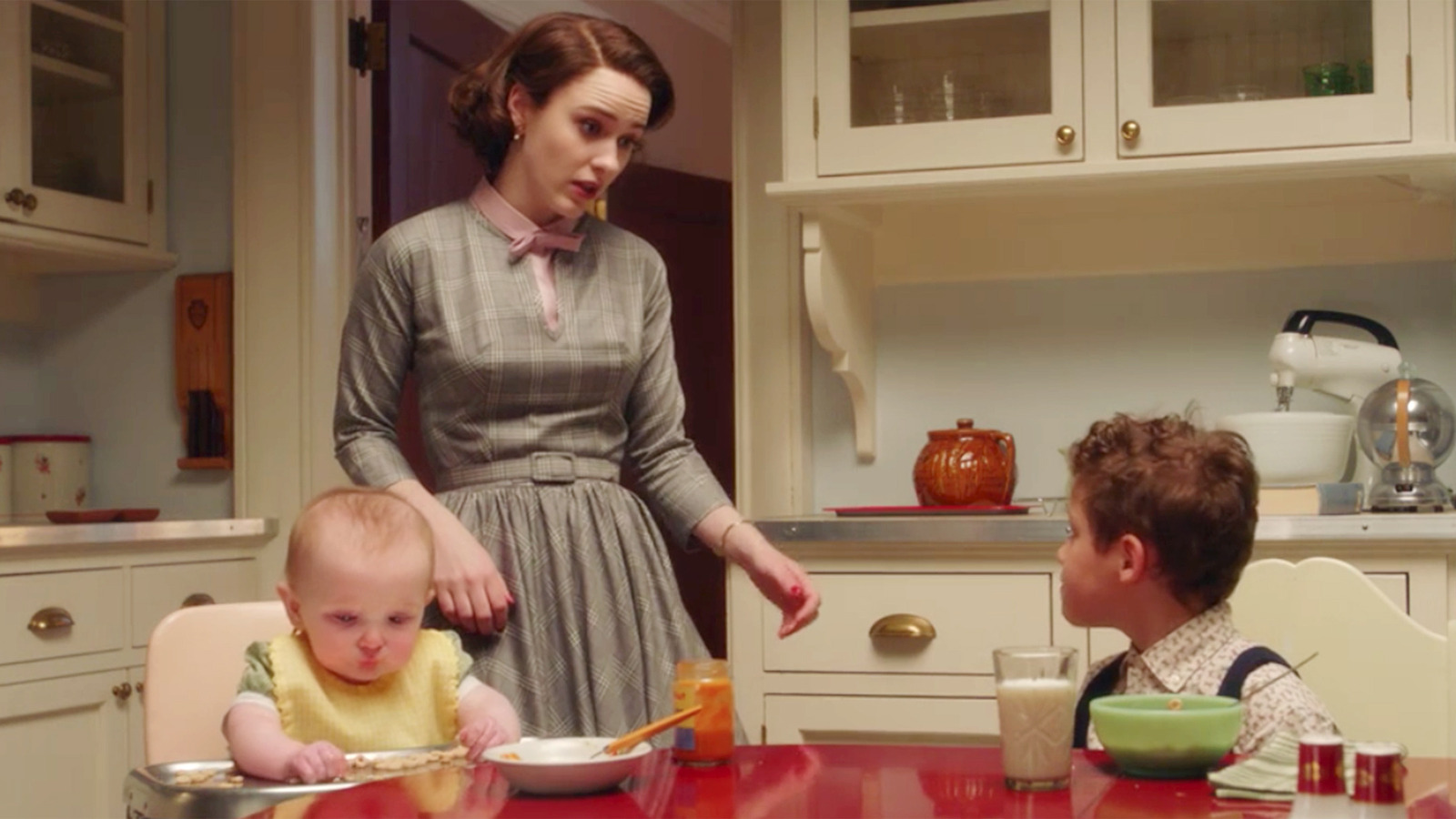
Miriam “Midge” Maisel, the titular character of Amazon’s The Marvelous Mrs. Maisel, does a lot well. She’s hilarious, hence her professional comedy career. She stands up for herself and others. She has impeccable taste in fashion and knows the importance of a “sitting outfit” vs a “standing outfit.”
However, Midge (Rachel Brosnahan) is less good at people.
Her divorce from Joel Maisel (Michael Zegen) is the catalyst for the rest of the series. In the current season’s flash-forwards, we learn that she gets married four more times, but none of them have lasted. We learn that her friendship with her long-time friend and manager, Susie Meyerson (Alex Borstein), eventually implodes.
And most notably, we see the impact of her shoddy parenting on her two children, Ethan and Esther.
Seen, but not heard

Throughout the seasons, Midge’s kids have been a sight gag. Mostly, they silently watch TV. When they make noise at all, it’s always weird and for comedy relief. They follow silently as either Midge or Joel drop them off with other people to be cared for. Or sleep silently as their mother drags them up and down a hallway. Their maternal grandparents, Rose and Abe (Marin Hinkle and Tony Shaloub), mostly ignore them, while their paternal grandparents Moishe and Shirley (Kevin Pollak and Caroline Aaron), smother them and talk over them so much they can’t speak.
Ethan and Esther Maisel are a perfect depiction of “Children should be seen and not heard.”
While Mad Men, another period show set in the late 1950s/early 60s, progressively incorporated Don and Betty Draper’s children into storylines where they actually got to speak and have personalities (especially Kiernan Shipka’s Sally Draper, because Shipka was great), the Maisel children have spent four seasons being props rather than characters—they’re just obstacles standing between their parents and complete freedom.
Miriam Maisel: poster child for 1950s societal roles
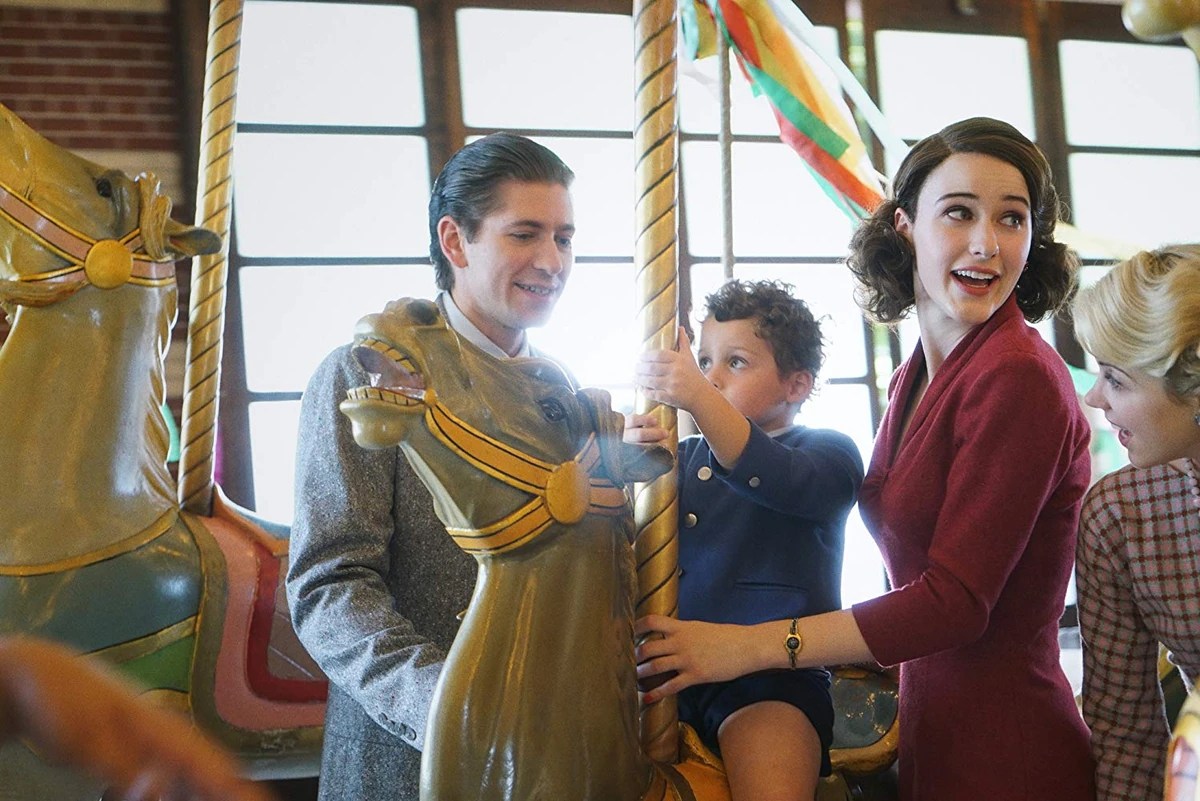
Midge is the ideal, upper-class, 1950s housewife: conventionally attractive, dresses well, has all the Emily Post etiquette down, and is really good at sticking to the feminine social script.
She married and had two children with Joel, while managing to hold onto her excellent figure. She’s a good cook and doesn’t work, because her husband is supporting them. And when the show begins, she’s actively supporting his dream of being a stand-up comedian. She goes so far as to bring her amazing brisket to bribe the comedy club owner into giving Joel a better time slot.
Midge chafes under her prescribed societal role
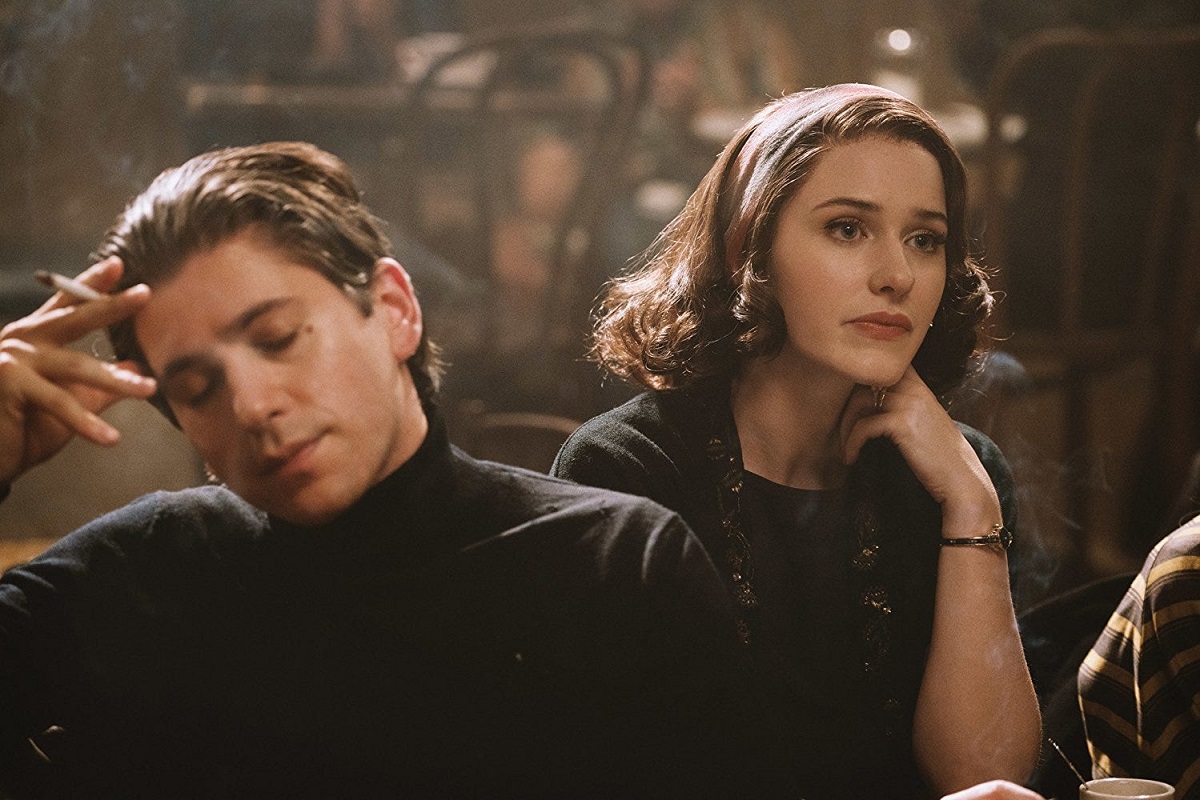
Both Midge and Joel seek freedom from their prescribed societal roles by pursuing comedy.
Midge is clever, funny, and opinionated. She polishes Joel’s jokes and makes them better. She has always been brash and in-your-face, albeit in a socially acceptable way. She colors in the lines, but tends to use loud, unorthodox colors.
Midge doesn’t want to live inside the box and it’s sad that she doesn’t realize this about herself at first. Midge is so good at being the 1950s feminine ideal that it doesn’t occur to her to think about wanting anything else.
When Midge tells her parents that Joel cheated and that she chooses divorce, her parents try to convince her to make it work. Not because they care about her happiness (they blame her for the trouble in her marriage!), but because the social script dictates that women have to bend over backwards to make marriage work. A divorced woman was “tarnished goods” at that time.
Somewhere in all of that, Midge and Joel have two children to whom they are barely paying attention.
Growing up Maisel and Weissman
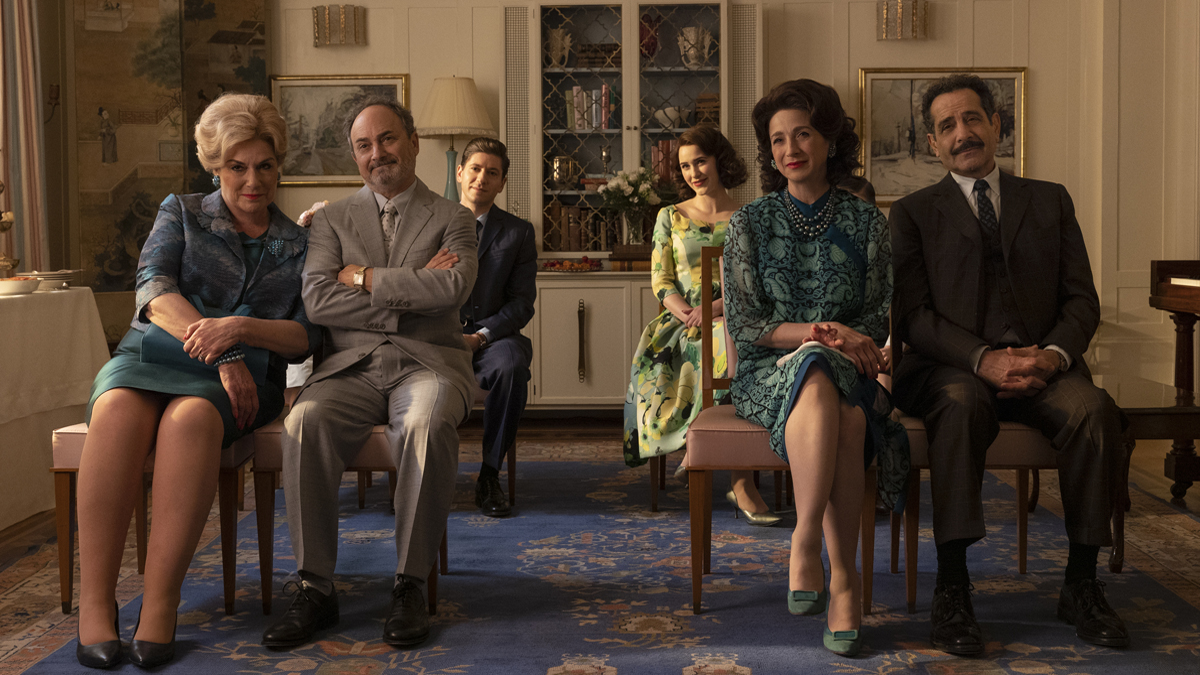
The Weissmans and Maisels each have interests that extend beyond marriage and children. But, they are also of a generation that lived through a World War and prioritizes what they see as “the greater good” over “self actualization.” Family is a huge part of this, but that means supporting children materially and financially—not necessarily emotionally.
As parents, the Weissmans and Maisels alternate between being insufferably involved in their children’s lives and being completely detached, even when Midge or Joel are experiencing serious hardships. They show love through financial support or unsolicited advice.
While they love Joel and Miriam, they don’t understand them. To them, things like “fulfillment,” and “happiness” are things you pursue only after you’ve fulfilled your societal obligations to everyone else. So, when they see their children “acting out” by blowing up their “picture-perfect” life, they don’t know what to do with that.
You parent how you’ve been parented
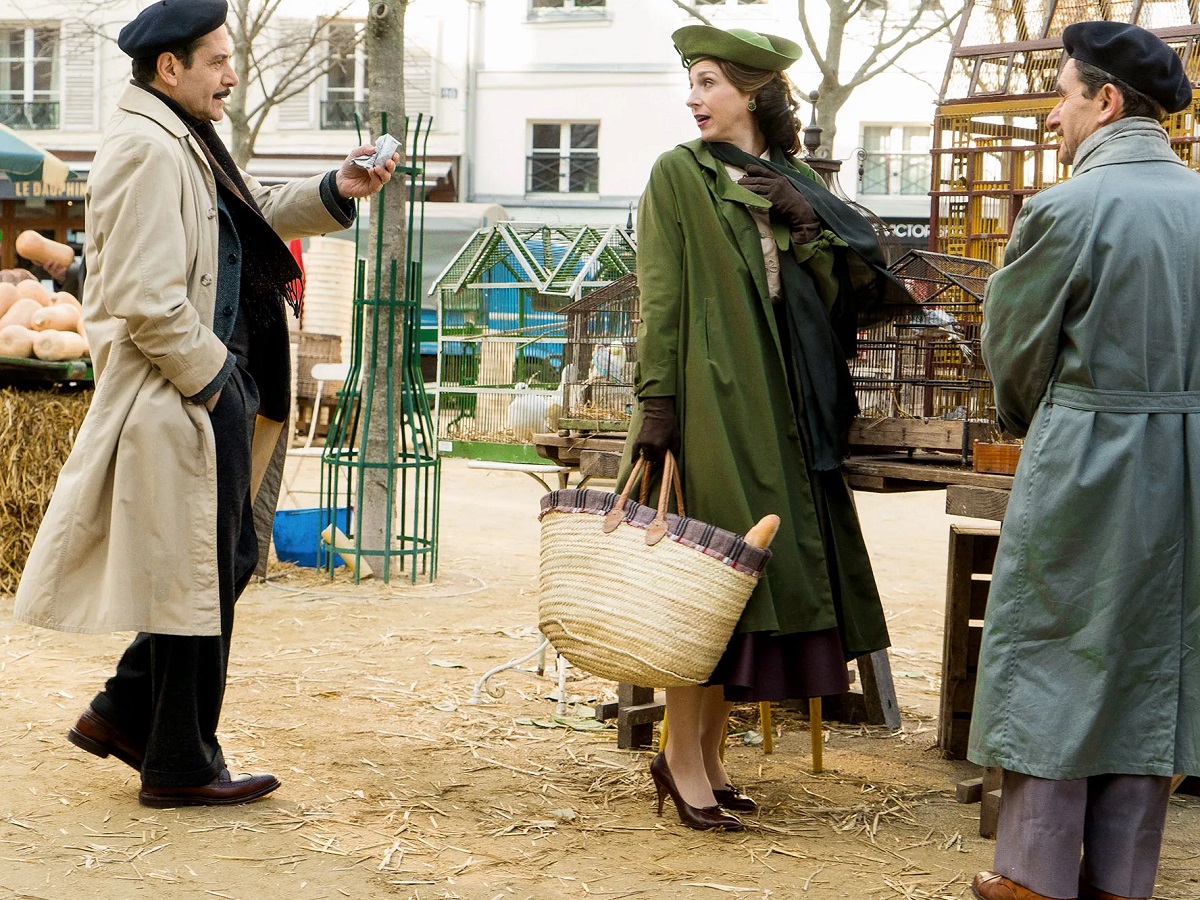
We see what it must have been like to be raised by these people through their interactions with their grandchildren. In the way they ignore Ethan and Esther most of the time, or forget their birthdays. In the way they usually only speak with the children to correct behavior.
But, there’s a similarity in how Midge and Abe parent. Each is willing to try an outlandish solution recommended by professionals, or present unsolicited advice as fact, but neither is equipped to actually talk with their child and explore what might be going on for them.
If this is how Midge was parented, is it any wonder she grew up to repeat those patterns?
Midge’s impact on her children

Despite having chosen a career path that fulfills her in a way her parents were only able to later in their lives, the consequences of Midge’s terrible parenting are clear now that we’ve met Esther (Alexandra Socha) and Ethan (Ben Rosenfield) as adults.
23-year-old Esther has clearly inherited Midge’s fast talking, Abe’s math and science prowess, and both of their neuroses. In a therapy session, Esther reveals that, despite her clear genius, she doesn’t believe that any success in her chosen field will be enough to impress her infuriating mother.
Lior Zaltzman at Kveller gives a great break-down of a scene set in the 1980s when middle-aged Midge visits Ethan on a kibbutz in Israel. Midge and Ethan’s relationship is strained to the point that Ethan didn’t bother telling his mother that he’s getting married. Meanwhile, Midge looks down on his choice to volunteer at the kibbutz and his studies at rabbinical school. Oh, and Ethan’s fiancée doesn’t like Midge one bit.
Despite Midge herself having chosen a non-traditional career, she sure is judgmental about her children’s choices.
Not everyone wants “it all”
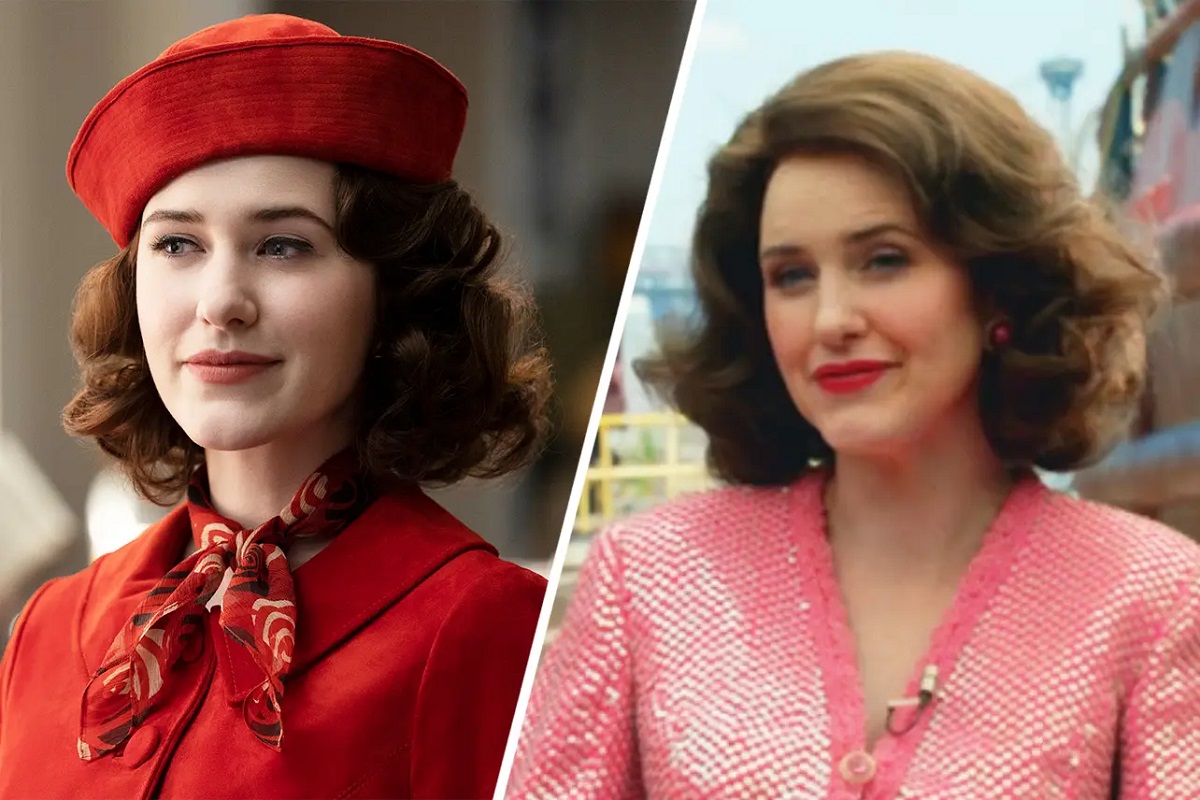
Midge becoming a successful comedian at the expense of her personal relationships can seem like a negative message. After all, certain versions of feminism tell us that we “can have it all,” right? First of all, no. You can’t have it all. At least, not all at the same time with the same degree of focus.
But, not everyone wants it all. Some people want one thing or the other. Yet even in the 21st Century, if a woman says she doesn’t want kids, people will talk about her “changing her mind” or “not really meaning it.” People with uteruses have to jump through hoops to get hysterectomies, regardless of their health issues, because “what if you change your mind?”
Midge is a mom because she has to be, not because she wants to be, and it shows. Her journey depicts the consequences of parenting when you don’t really want to be doing it.
Sure, she kept her children alive, but she also caused unnecessary harm simply because she didn’t think to to buck the societal script until after her marriage was over. Now, two damaged people who didn’t ask to be born are paying the price for Midge’s choices.
Yet the point isn’t, “Well, she should be a better mother and stop being selfish!” The point is, “She shouldn’t have had to deal with the pressure of becoming a mother in the first place.”
The Marvelous Mrs. Maisel gives us Mei as the anti-Midge
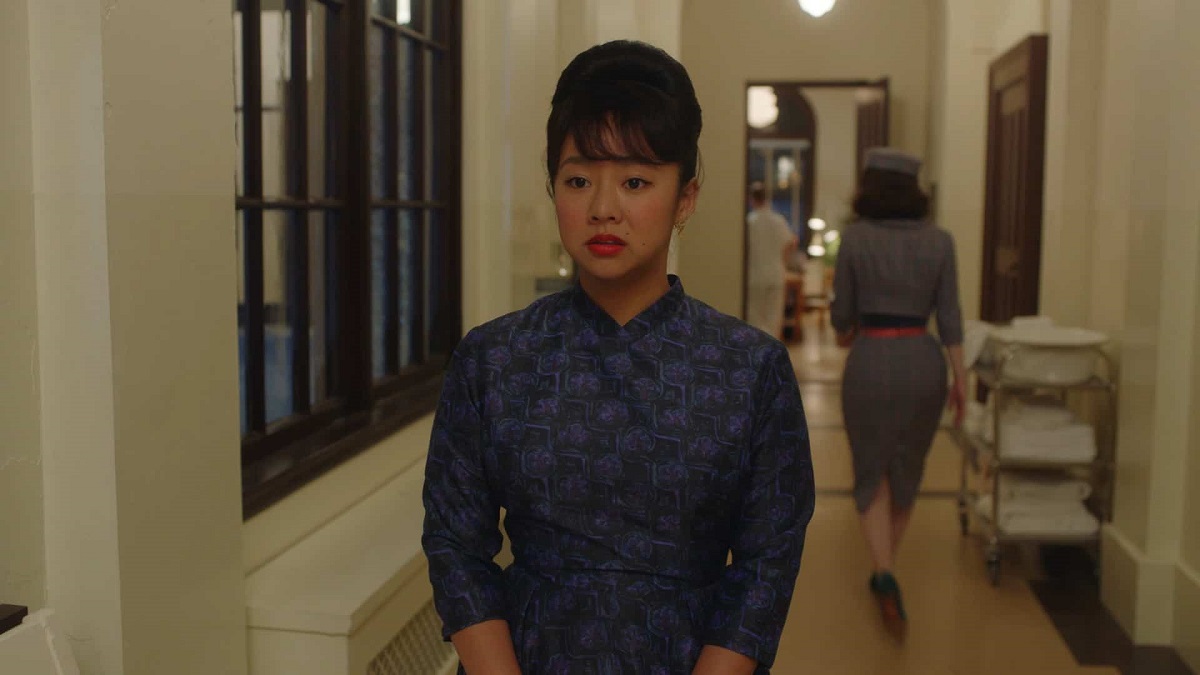
This season blessed us with a wonderful final performance from Stephanie Hsu as Mei, Joel’s almost-second-wife. Mei chooses becoming a doctor over being the next Mrs. Maisel and chooses herself over a being the mother of Joel’s child. While no one uses the word outright, Mei implies that she had an abortion.
Perhaps it’s because she’s the daughter of immigrants who live on the outside of societal norms to begin with, but Mei has learned to be true to herself and leave motherhood to those who want it as badly as she wants to be a doctor. She breaks up with Joel and moves to Chicago to pursue her dream, making the choice that Midge wasn’t capable of making earlier in her life.
The final season of The Marvelous Mrs. Maisel juxtaposes two women who prioritize a fulfilling career over being wives and mothers. By showing us both the consequences of making that choice later in life and the freedom that comes with making that choice earlier, this show makes it clear that if you’re going to be a parent, it should be something you want to do with your whole heart.
(featured image: Prime Video)
Have a tip we should know? [email protected]